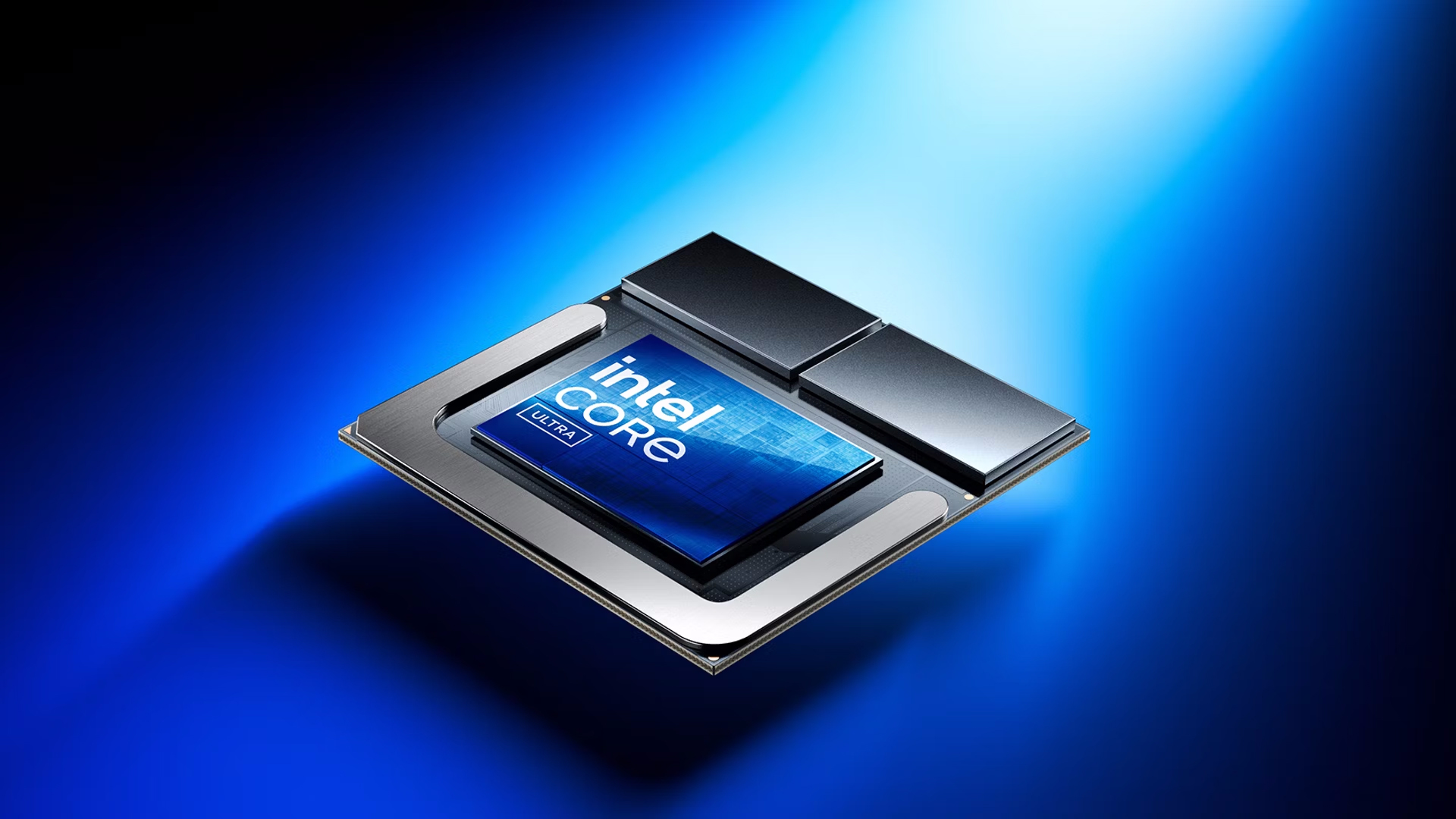
Intel just released the latest version of AI Playground, an app that takes advantage of Intel’s latest chips’ AI capabilities. The company built AI Playground to help Intel users become more familiar with its AI capabilities without needing an account or an internet connection, much like Microsoft added Solitaire to early Windows operating systems to help users get accustomed to the mouse.
If you want to try AI Playground, you must have one of the following chips on your laptop or desktop PC: an Intel Core Ultra 200V (codenamed Lunar Lake) CPU, an Intel Core Ultra H processor, or any Intel Arc discrete GPU with at least 8GB of VRAM. However, Team Blue’s newest chip users would get the latest version, 1.21b, with a new theme and look. Nevertheless, these are the other things that AI Playground can do for you:
- Create: generate images from text, with options for different modes, resolutions, and other settings.
- Enhance: upscale images to increase resolution, change Aside from giving you three LLMs, Phi3, Qwen2, and Mistral included in the program, you can also install your own native PyTorch LLMs compatible with Transformer versions 4.39.
- Answer: an offline LLM that will deliver general answers on art, science, and history topics. It can also summarize and translate local documents, plus offer help on creative writing and coding.
In addition to the three LLMs included in the program —Phi3, Qwen2, and Mistral—you can also install your own native PyTorch LLMs compatible with Transformer version 4.39.
One of the headlining features of AI Playground is that it runs 100% locally on your computer. Intel says that all AI computation, prompts, and output are done on your system, so you do not transfer any information to any third party. So, AI Playground offers its users full privacy, giving them complete control over all inputs and outputs of the AI app.
The AI Playground app could help introduce Intel’s AI features to more users, especially as it’s easy to install and does not require a subscription. This is an important move for Intel and the AI chip makers in general, especially as most consumers still do not see the utility of AI in their everyday tasks. In fact, reports say that the majority of AI PC sales are driven by the need to upgrade/replace existing systems, not because of AI.
Furthermore, the AI Playground could one-up Microsoft’s Copilot+ PC features because of its local capabilities. For example, one of its most exciting features, Paint Cocreator, requires an internet connection, while its controversial Recall feature is a security nightmare. Hopefully, AI Playground would make Intel’s AI features more accessible to the average user. Otherwise, all that AI hullabaloo would’ve essentially been all for nothing for the consumer, at least at this early stage.







